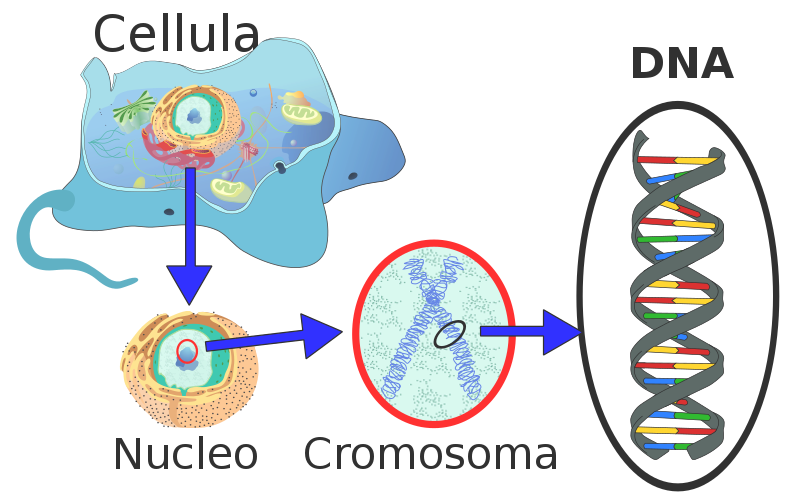Life on Earth in all its diversity is encoded by only two pairs of DNA bases, A (adenine)-T (thymine) and C (cytosine)-G (guanine), but scientists have recently made an organism that stably contains those two plus a third, unnatural pair of bases. This effort is part of what is known as synthetic biology, which will have many exciting applications - from new medicines to new kinds of nanotechnology. The molecular biology pioneer, Craig Venter, who led a private initiative for mapping the human genome in 2001, is known for his research in synthetic biology. What Venter and his team did in 2010 was to modify a genome of a bacterium and insert it into the genome of another. They were trying to learn how genomes and cell work by rapidly deleting and altering genes in different combinations.
The scientists first tried with Mycoplasma genitalium but found that it grew slowly. Hence they took up the relatively simple bacterium, Mycoplasma mycoides with....

